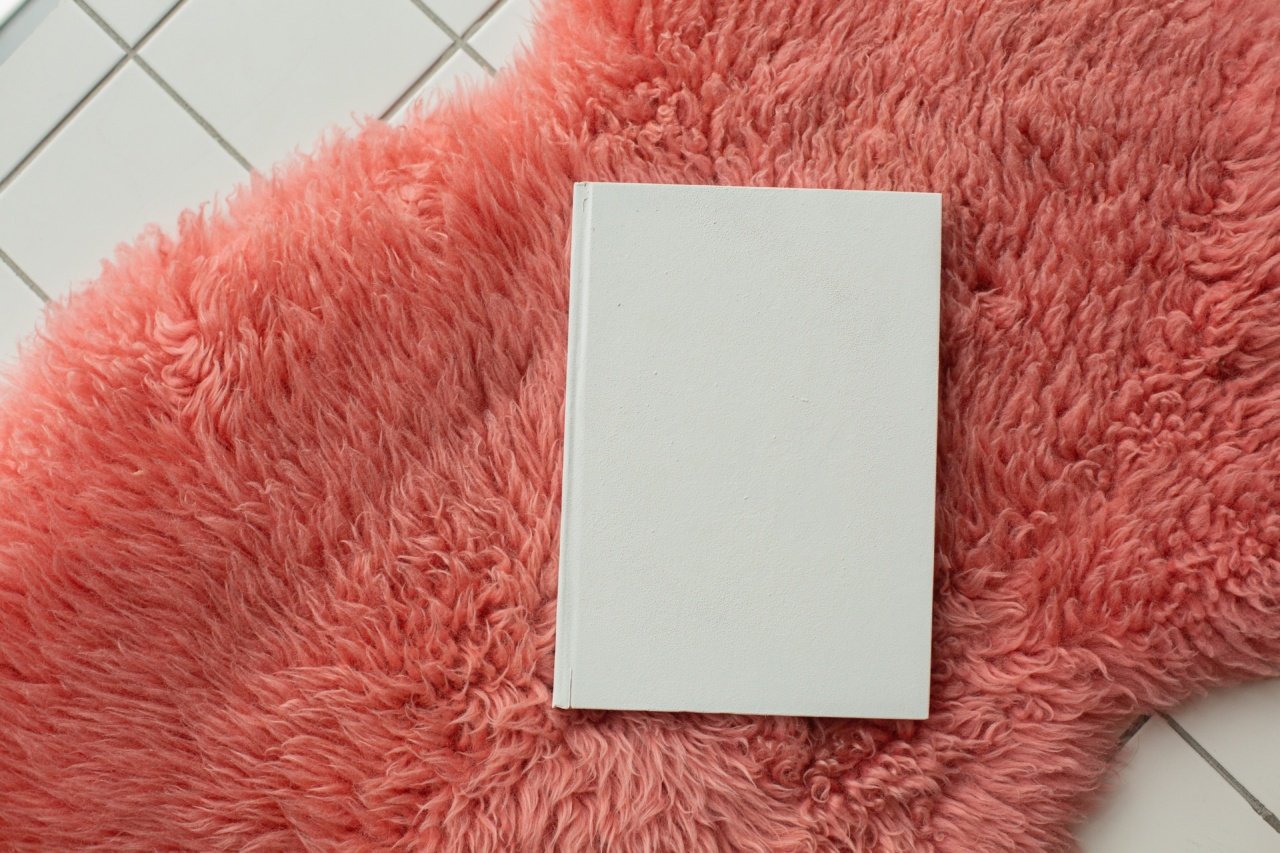Constipation is a common digestive issue that affects millions of people worldwide. It occurs when bowel movements become less frequent, difficult, and often painful.
While constipation itself is usually temporary and not a cause for concern, it can significantly impact one’s quality of life. In this article, we will separate fact from fiction when it comes to overcoming constipation.
What Causes Constipation?
There are several factors that can contribute to constipation. It is important to understand the causes in order to effectively address the issue. Here are some common causes:.
Poor Diet and Lack of Fiber
A diet low in fiber is one of the leading causes of constipation. Fiber adds bulk to the stool, making it easier to pass through the digestive system. Without enough fiber, the stool becomes hard and difficult to eliminate.
Inadequate Fluid Intake
Not drinking enough water and other fluids can lead to dehydration, which can make it harder for the stool to move through the colon. It is important to stay adequately hydrated to avoid constipation.
Lack of Physical Activity
Regular exercise and physical activity help stimulate bowel movements. Leading a sedentary lifestyle can contribute to constipation, as the lack of movement slows down the digestive system.
Ignoring the Urge to Defecate
Ignoring the urge to have a bowel movement can disrupt the natural rhythm of the digestive system. Over time, this can lead to constipation.
Medication and Supplements
Some medications, such as certain painkillers, antidepressants, and iron supplements, can cause constipation as a side effect. If you suspect that your medication may be contributing to constipation, consult with your healthcare provider.
Medical Conditions
Various medical conditions can contribute to chronic constipation. These include irritable bowel syndrome (IBS), hypothyroidism, diabetes, and neurological disorders.
If you experience persistent constipation, it is important to seek medical advice to rule out any underlying conditions.
Fact: Dietary Changes Can Help Relieve Constipation
Your diet plays a crucial role in preventing and relieving constipation. Adding high-fiber foods to your meals can significantly improve your bowel movements. Here are some fiber-rich foods that can help:.
Fruits and Vegetables
Eating a variety of fruits and vegetables provides your body with essential vitamins, minerals, and fiber. Opt for options like berries, prunes, apples, pears, broccoli, and leafy greens, as they are particularly beneficial for digestive health.
Whole Grains
Incorporating whole grains into your diet, such as whole wheat bread, oats, brown rice, and quinoa, can help prevent constipation. These foods contain more fiber than refined grains, which have had the bran and germ removed.
Legumes and Beans
Legumes and beans, including lentils, chickpeas, kidney beans, and black beans, are rich in both fiber and protein. They can be easily added to soups, stews, or salads to promote healthy digestion.
Fact or Fiction: Drinking More Water Eases Constipation
Fact! Staying adequately hydrated is crucial for maintaining regular bowel movements. Drinking enough water helps soften the stool, making it easier to pass through the digestive system.
Aim to drink at least eight glasses of water per day, and more if you are physically active or live in a hot climate.
Fiction: Laxatives Are the Only Solution
While laxatives can provide temporary relief from constipation, they should not be the go-to solution. Regular use of laxatives can lead to dependence and further disrupt the natural functioning of the digestive system.
Instead, focus on making long-term lifestyle changes to promote healthy digestion.
Fact: Regular Exercise Can Aid in Relieving Constipation
Engaging in regular physical activity helps stimulate the muscles in your intestines, promoting bowel movements.
Aim for at least 30 minutes of moderate exercise, such as brisk walking, jogging, or cycling, most days of the week to keep your digestive system functioning optimally.
Fiction: Withholding Bowel Movements Is Safe
Ignoring the urge to have a bowel movement can lead to constipation. It is important to listen to your body and respond to the natural urge. Holding in stool for extended periods of time can result in the stool becoming harder and more difficult to pass.
Fact: Massage and Reflexology May Help Relieve Constipation
Research suggests that abdominal massage and reflexology may have a positive impact on relieving constipation. These techniques can help stimulate the bowel muscles, making it easier for stool to pass through the intestines.
Consult with a professional therapist to learn more about these alternative therapies.
Seeking Medical Advice for Chronic Constipation
While most cases of constipation can be resolved through dietary and lifestyle changes, some individuals may experience chronic constipation that requires further medical evaluation.
Consult with your healthcare provider if you experience any of the following:.
- Severe abdominal pain
- Blood in your stool
- Unexplained weight loss
- Persistent constipation that lasts for several weeks
Tips for Preventing Constipation
Follow these tips to prevent constipation and promote healthy bowel movements:.




























